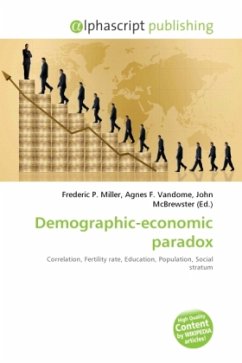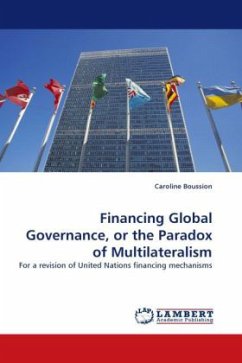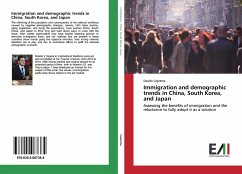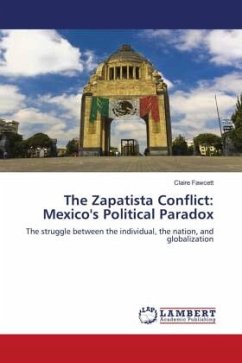High Quality Content by WIKIPEDIA articles! The demographic-economic paradox is the inverse correlation found between wealth and fertility within and between nations. The higher the degree of education and GDP per capita of a human population, subpopulation or social stratum, the fewer children are born in any industrialized country. In a 1974 UN population conference in Bucharest, Karan Singh, a former minister of population in India, illustrated this trend by stating "Development is the best contraceptive." The term "paradox" comes from the notion that greater means would necessitate the production of more offspring as suggested by the influential Thomas Malthus. Roughly speaking, nations or subpopulations with higher GDP per capita are observed to have fewer children, even though a richer population can support more children. Malthus held that in order to prevent widespread suffering, from famine for example, what he called "moral restraint" was required. The demographic-economic paradox suggests that reproductive restraint arises naturally as a consequence of economic progress.
Bitte wählen Sie Ihr Anliegen aus.
Rechnungen
Retourenschein anfordern
Bestellstatus
Storno








